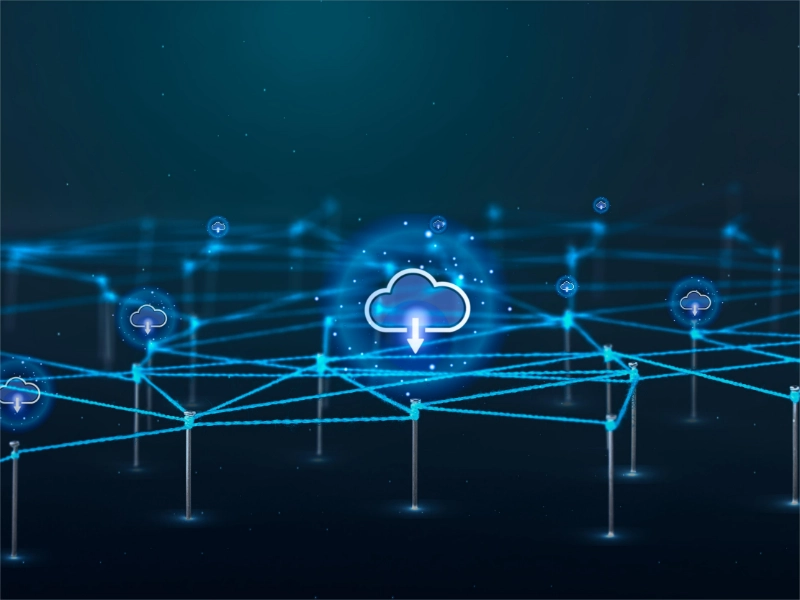- Edge computing reduces latency by processing data close to its source, enhances reliability by functioning without internet connectivity, and increases security by minimising the distance data travels, which reduces potential breaches.
- Cloud computing offers significant cost savings by eliminating the need for substantial upfront hardware investments. It provides flexibility and accessibility, allowing users to access services from anywhere, which supports remote work and diverse business operations.
- While edge computing focuses on local data processing for time-sensitive applications, cloud computing excels in handling large-scale data processing remotely. Each has unique control schemes, with edge computing requiring decentralised management and cloud computing benefiting from centralised resource management.
Edge computing and cloud computing cater to distinct data processing needs. Edge computing, by processing data close to its origin, effectively reduces latency and enhances security, making it ideal for real-time and critical applications like IoT. In contrast, cloud computing, with its centralised data centers, excels in handling extensive data processing tasks remotely, offering cost efficiency and scalability. This includes applications requiring significant computational resources, such as big data analysis and machine learning. The convergence of both technologies in a hybrid model combines local processing efficiency with the robust capabilities of cloud infrastructure, creating a versatile and powerful computing environment.
Edge benefits
Edge computing offers distinct advantages by processing data at or near its source, reducing latency significantly. This proximity to data sources allows for faster responses, critical for applications such as autonomous driving and real-time analytics. Moreover, edge computing improves reliability as it can operate independently of internet connectivity, making it essential for remote or unstable network areas. Security is also enhanced since data does not traverse extensive networks, minimising exposure to potential breaches.
Also read: Difference between AI and cognitive computing
Cloud advantages
Cloud computing provides powerful capabilities with its centralised data centers, enabling extensive scalability and flexibility. It allows businesses to manage vast amounts of data and complex computing tasks without heavy investments in physical infrastructure. Accessibility is another key benefit, with services available anywhere via the internet, facilitating remote work and global business operations. Furthermore, cloud models, including public, private, and hybrid, offer tailored solutions that meet various security, compliance, and operational needs.
Also read: Delivering solutions with cognitive computing in AI
Technology synergy
The integration of edge and cloud computing creates a robust environment where each technology’s strengths are maximised. Edge computing handles immediate data processing tasks locally, while cloud computing takes on large-scale processing and storage, offering a comprehensive solution that enhances overall system efficiency and capability. This hybrid approach not only meets diverse application requirements but also provides a resilient and adaptable infrastructure, suitable for future technological advancements and evolving business demands.

